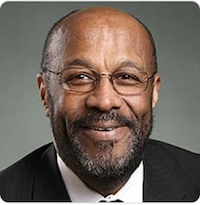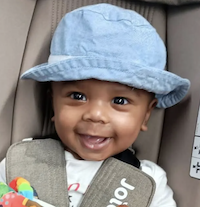Voting rights is a central black history month issue.
The 1965 Voting Rights Act reversed 95 years of bloody resistance to the 15th Amendment that gave African American males the right to vote back in 1870.
The right to vote is foundational to all other rights, because without the power of the vote all other rights can be stripped away.
Voting means more than casting a ballot. Voting includes access to voting through drop boxes, early voting opportunities, mail-in ballots, and adequate numbers of voting machines. Voting rights means impartial handling of ballots so every vote that is cast is going to be counted. Voting rights means that no election is overturned simply because one political party does not like the outcome.
Voting rights means that sore losers do not constantly use claims about “election integrity” as the basis for gerrymandering electoral maps that give the Republican Party in Ohio a 67% majority in seats in the state legislature and the U.S. House of Representatives even though Republicans are about 51% of the electorate over the last four election cycles.
Voting rights mean that every effort is made to expand the voter rolls to include all eligible voters, rather than reduce and limit the number of voters to include only those who are likely to vote in accordance with an increasingly conservative, Republican agenda.
At this point, voting rights also means exercising our right to vote no matter how many obstacles are placed in our path. Those who risked and even lost their lives to gain voting rights for African Americans expect and require nothing less from us. Fannie Lou Hamer was beaten in a Mississippi jail cell because of her pursuit of voting rights. John Lewis, Hosea Williams and hundreds of others were beaten on the Edmund Pettus Bridge in Selma, Alabama because they were working to expand voting rights. My own great uncle, Edward Doneghy, was shot and killed at a Registrar of Voters Office in Kentucky in 1930 at the age of 60 simply because he wanted to register to vote.
We must use Black History Month and every month to commit ourselves to the pursuit and protection of voting rights. When African Americans vote, things get better not only for us, but for the whole country as well. Freedom, opportunity, prosperity, and public health and safety all come to the whole nation when they are provided to those who have long been denied those benefits.
• • •• • •
The Rev. Marvin A. McMickle, pastor emeritus of Antioch Baptist Church in Cleveland, Ohio, retired in 2019 as president of Colgate Rochester Crozer Divinity School in Rochester, New York, where he had served since 2011.















